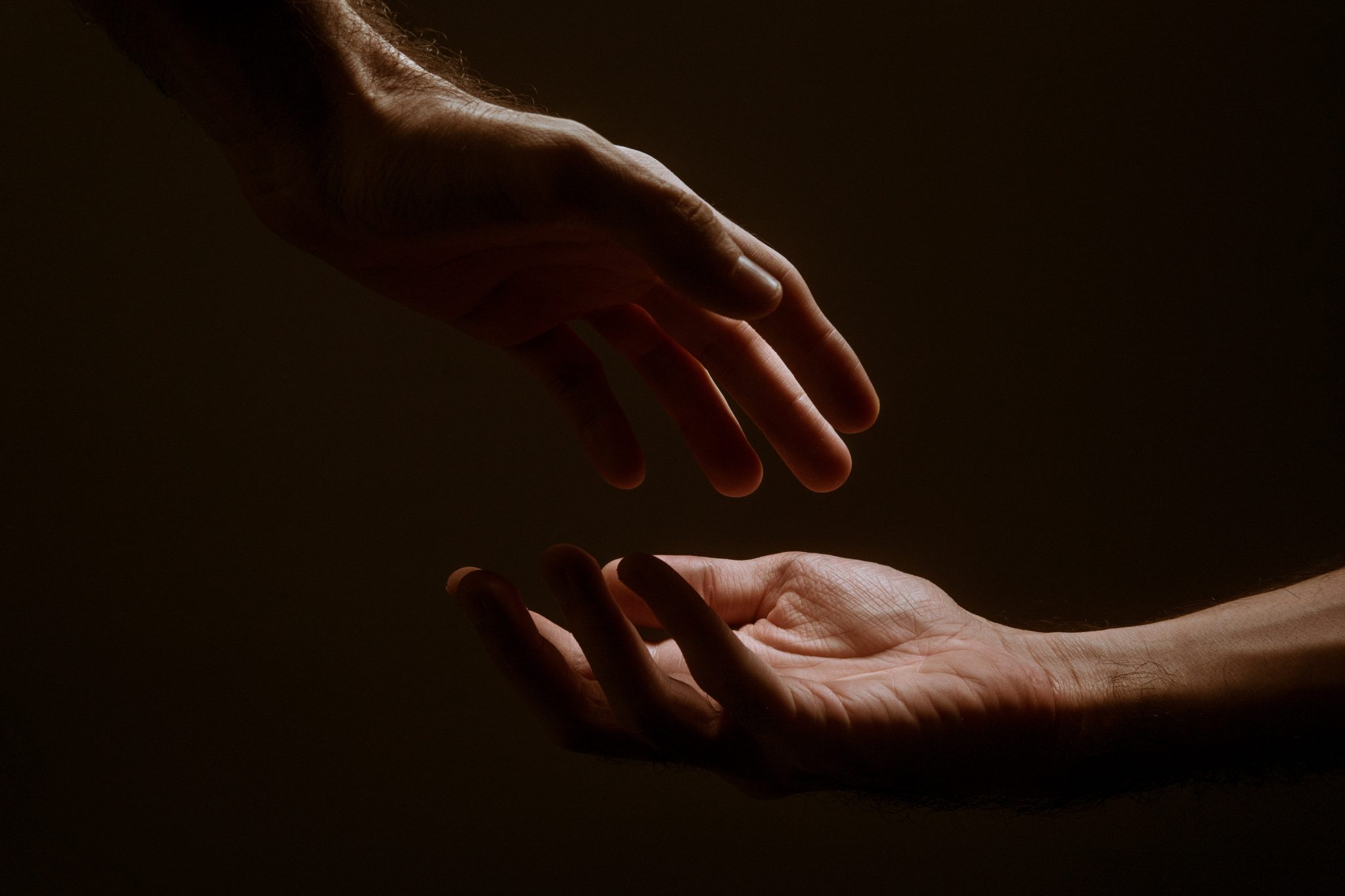Emotional abuse in a marriage is a form of abuse that can be just as damaging as physical abuse, yet it often goes unnoticed and unchallenged. Emotional abuse can include manipulation, criticism, gaslighting, and controlling behaviour. These behaviours can leave lasting scars and make it difficult for victims to trust others, form healthy relationships, and believe in themselves. However, healing is possible. This article will outline the healing process from emotional abuse in marriage and provide tips for moving forward.
What is on this page
Understanding Emotional Abuse
Emotional abuse is a behavioural pattern that seeks to control and manipulate another person. It can include verbal abuse, such as insults and name-calling, and nonverbal behaviours, such as giving someone silent treatment or ignoring their feelings. Emotional abuse can have serious and lasting effects on the victim, including low self-esteem, anxiety, depression, and hopelessness.

In a marriage, emotional abuse can take many forms. It may involve belittling or criticizing one’s partner, controlling their behaviour or decisions, or even manipulating them into thinking they are crazy or paranoid. The abuser may also use tactics such as gaslighting to make the victim question their perceptions of reality. These behaviours can cause the victim to feel trapped, powerless, and alone.
The Healing Process
Healing from emotional abuse in a marriage is a journey that takes time and effort. However, with the right support, victims can learn to heal and move forward. The first step is to understand that healing is a journey and that setbacks are normal.
One of the most important steps in the healing process is seeking support from a therapist or support group. A therapist can help victims process their experiences, work through their emotions, and develop coping skills. Support groups can provide a safe and supportive environment for victims to share their experiences and receive encouragement from others who have been through similar experiences.
Another important aspect of healing is identifying and challenging negative thought patterns. Victims of emotional abuse often internalize the abuser’s criticisms and begin to believe negative things about themselves. It is important to challenge these thoughts and focus on self-compassion and self-care. Practising self-care, such as taking time for hobbies and interests, can help build self-esteem and provide a sense of empowerment.
Setting boundaries and assertiveness training can also be a key part of the healing process. Victims of emotional abuse may have trouble asserting themselves and standing up for themselves. Assertiveness training can help them develop the skills and confidence needed to set boundaries and communicate effectively.
Forgiveness and letting go also important steps in the healing process. Forgiving the abuser does not mean excusing their behaviour or returning to the relationship. Instead, it is about releasing the anger and bitterness that can hold victims back and prevent them from moving forward.
Coping with Setbacks
The healing process is not linear, and setbacks are a normal part of the journey. Triggers and flashbacks can occur, and it is important to put healthy coping mechanisms in place. These can include activities such as exercise, meditation, and journaling. It is also important to have a support network, such as a therapist or support group, to provide encouragement and support during these times.
Moving Forward
Once the healing process has begun, it is important to continue building a support network and engaging in personal growth and self-discovery. This can involve exploring hobbies and interests, taking classes, and pursuing self-improvement. Building healthy relationships with others is also important for continued growth and healing.
Finally, it is important to maintain self-care and self-compassion. This means taking care of one’s physical, emotional, and mental health. It is also important to set aside time for self-reflection and to continue learning about oneself.
Healing from Emotional Abuse in Marriage and Therapy
Healing from emotional abuse in a marriage can be greatly aided by therapy. A trained therapist can provide a safe and supportive environment for victims to process their experiences, work through their emotions, and develop coping skills. Therapy can also provide opportunities for victims to work through negative thought patterns, build self-esteem, and learn to assert themselves. With the help and guidance of a therapist, victims of emotional abuse can work towards a brighter future and develop the skills necessary to build healthy relationships and live fulfilling lives. Additionally, therapy can help individuals understand the root causes of the abuse and work towards avoiding similar patterns in future relationships. Whether through individual or couples therapy, seeking the help of a professional can be a critical component in the journey of healing from emotional abuse in a marriage.

Emotional Abuse and Couples Therapy
Couples therapy can be a powerful tool for addressing and healing from emotional abuse in a marriage. Through therapy, both partners can work to understand the dynamics of their relationship and identify patterns of behaviour that contribute to the abuse. The therapist can help each partner develop healthy communication skills, set boundaries, and learn to express their feelings safely and respectfully.
Additionally, couples therapy can allow both partners to work through any underlying emotional or psychological issues contributing to the abuse. Couples can learn to rebuild trust, improve their emotional intimacy, and create healthier and more fulfilling relationships by working with a therapist. It’s important to note that emotional abuse can be a complex issue that may require long-term therapy and that healing from it may require one or both partners to make significant changes in their behaviour. Nevertheless, couples therapy can effectively begin the healing process and create a more positive and supportive relationship dynamic.
Healing from emotional abuse in a marriage can be a long and difficult journey, but it is possible with the right support and resources. It is important to understand that healing is a journey, seek support from a therapist or support group, and engage in self-care and self-compassion. By focusing on personal growth and building healthy relationships, victims of emotional abuse can move forward and lead fulfilling lives.
Remember that healing is a process, and setbacks are a normal part of the journey. Seek support from a therapist, support group, or loved ones and be patient with yourself. You deserve to have a life free from emotional abuse, and with hard work and determination, you can make it happen.

